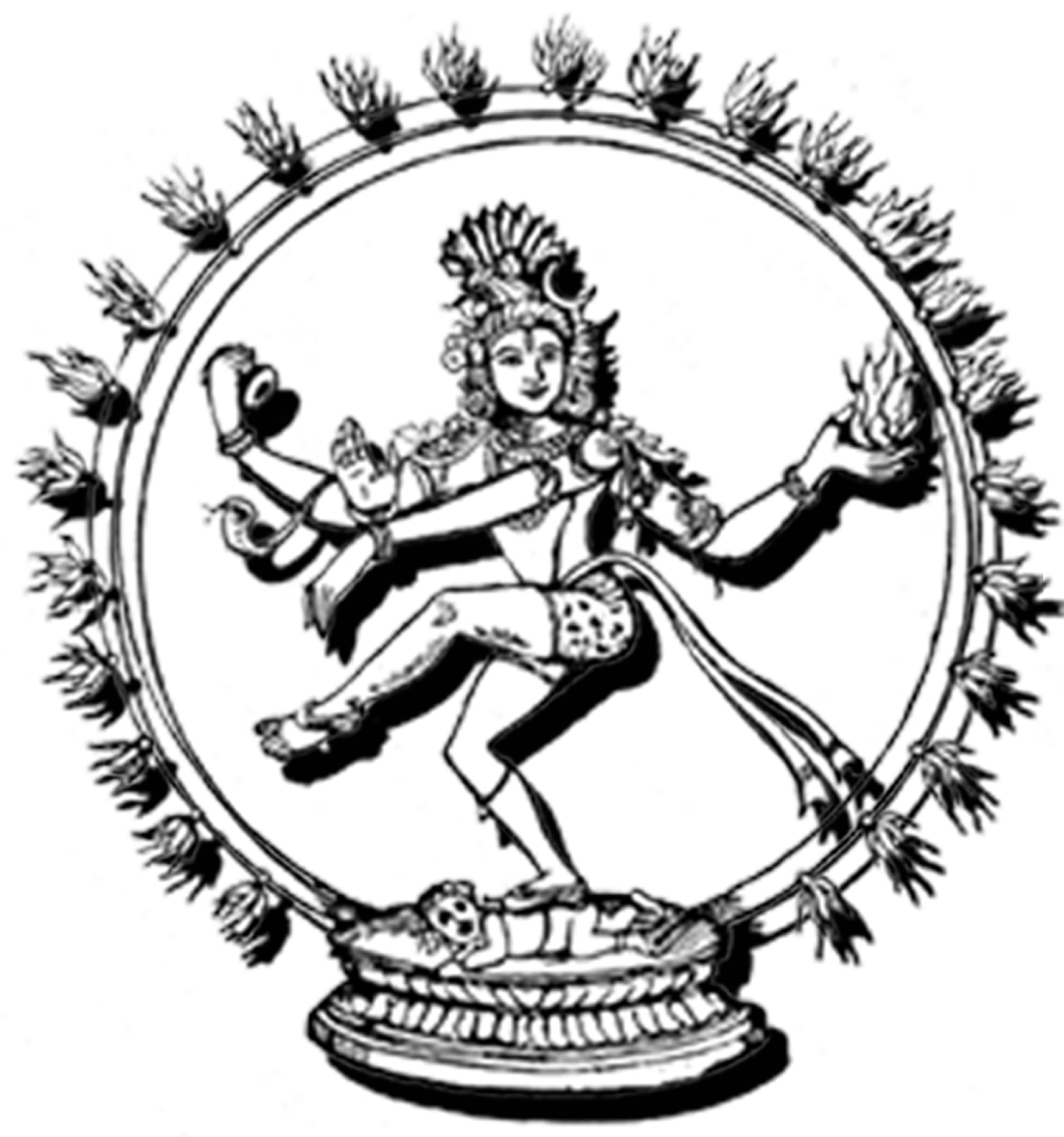


The BTech program spans four years and covers all facets of Engineering and Technology. Students can select from a range of specializations like Computer Engineering, Civil Engineering, Mechanical Engineering, Chemical Engineering, and more. Eligibility requires passing Class 12th with Physics, Chemistry, and Mathematics/Biology. Admission to BTech programs is primarily via engineering entrance exams such as JEE Main, JEE Advanced, BITSAT, WBJEE, COMEDK UGET, etc. Some colleges also offer direct entry based on Class 12 marks. The BTech syllabus equips candidates with technical skills crucial in the technology and development industry. BTech courses are offered in both online and offline formats across various institutes in India. Apart from core engineering, BTech graduates can explore opportunities in Information Security, Data Analysis and Management, Engineering, and Banking sectors.
The BCA program is a three-year undergraduate course that covers various aspects of Computer Applications and Information Technology. Students can specialize in areas such as Software Development, Database Management, Networking, Web Development, and more. To be eligible for BCA, candidates must have passed Class 12th with Mathematics as a compulsory subject. Admission to BCA programs is typically based on merit or entrance exams conducted by universities or colleges. BCA courses are available in both online and offline modes at various institutions across India. Upon completion, BCA graduates can pursue careers in Software Development, Database Administration, System Analysis, Web Designing, and other IT-related fields.
In the first year of the BCA program, students study subjects like C Programming, Computer Fundamentals, Organizational Behavior, and Principles of Management. There are approximately 3000 BCA colleges in India, offering different modes of study including part-time, full-time, and distance learning. To be eligible for the course, students must have completed their class 12 from a recognized university with an aggregate of at least 40%-50% marks. Additionally, they are required to appear for entrance exams such as MAH MCA CET, TANCET, MAKAUT CET, NIMCET, OJEE, among others.


The MCA program is a postgraduate course spanning three years, focusing on advanced topics in Computer Applications and Information Technology. Students have the opportunity to specialize in areas such as Software Engineering, Data Science, Artificial Intelligence, Cybersecurity, and more. To qualify for MCA, candidates must hold a Bachelor's degree in Computer Applications or a related field. Admission to MCA programs is typically based on entrance exams conducted by universities or colleges. MCA courses are offered in both online and offline formats at various institutions across India. Upon completion, MCA graduates can pursue careers as Software Developers, System Analysts, Database Administrators, IT Consultants, and other roles in the IT industry.
The BA program is a three-year undergraduate course that encompasses a wide range of subjects across the arts and humanities disciplines. Students have the flexibility to choose from various specializations, including English Literature, History, Sociology, Psychology, Economics, and more. To be eligible for BA, candidates must have completed their higher secondary education from a recognized board or institution. Admission to BA programs is typically based on merit or entrance exams conducted by universities or colleges. BA courses are available in both online and offline modes at various institutions across India. Upon completion, BA graduates can pursue careers in fields such as education, journalism, social work, public relations, and more, or opt for further studies like MA or professional courses.


The BSc program is a three-year undergraduate course that covers a diverse range of subjects within the sciences. Students can choose from various specializations, including Physics, Chemistry, Biology, Mathematics, Computer Science, and more. To be eligible for BSc, candidates must have completed their higher secondary education with Science subjects from a recognized board or institution. Admission to BSc programs is typically based on merit or entrance exams conducted by universities or colleges. BSc courses are offered in both online and offline formats at various institutions across India. Upon completion, BSc graduates can pursue careers in fields such as research, education, healthcare, technology, and more, or opt for further studies like MSc or professional courses.
The BBA program is a three-year undergraduate course that focuses on various aspects of business administration and management. Students have the opportunity to delve into subjects such as Accounting, Marketing, Finance, Human Resource Management, and Entrepreneurship. To be eligible for BBA, candidates must have completed their higher secondary education from a recognized board or institution. Admission to BBA programs is typically based on merit or entrance exams conducted by universities or colleges. BBA courses are offered in both online and offline formats at various institutions across India. Upon completion, BBA graduates can pursue careers in fields such as management, marketing, finance, consulting, and more, or opt for further studies like MBA or professional courses.

The MBA program is a postgraduate course typically spanning two years, focusing on advanced topics in business administration and management. Students have the opportunity to specialize in areas such as Marketing, Finance, Human Resources, Operations Management, and International Business. To qualify for MBA, candidates must hold a Bachelor's degree from a recognized university or institution. Admission to MBA programs is typically based on entrance exams like CAT, MAT, XAT, GMAT, or university-specific exams, along with other criteria such as work experience and interviews. MBA courses are offered in both full-time and part-time formats at various institutions across India. Upon completion, MBA graduates can pursue careers as business leaders, consultants, entrepreneurs, or executives in various industries, or opt for further studies like PhD or executive programs.

The LLB program is an undergraduate course typically spanning three years, focusing on various aspects of law and legal studies. Students have the opportunity to delve into subjects such as Constitutional Law, Criminal Law, Contract Law, Family Law, and more. To qualify for LLB, candidates must have completed their higher secondary education from a recognized board or institution. Admission to LLB programs is typically based on entrance exams conducted by universities or colleges, along with other criteria such as academic performance and interviews. LLB courses are offered in both full-time and part-time formats at various institutions across India. Upon completion, LLB graduates can pursue careers as lawyers, legal advisors, legal consultants, or advocates, or opt for further studies like LLM or specialized diploma courses.

The PhD program is a doctoral-level course focusing on advanced research in a specific field of study. Students enrolled in a PhD program conduct original research under the guidance of a faculty advisor, leading to the completion of a dissertation or thesis. To qualify for a PhD, candidates must hold a Master's degree or equivalent qualification from a recognized university or institution. Admission to PhD programs is typically based on academic qualifications, research experience, statement of purpose, letters of recommendation, and sometimes entrance exams or interviews conducted by the respective departments or faculties. PhD courses are offered in various disciplines at universities and research institutions across India. Upon completion, PhD graduates can pursue careers as researchers, professors, scholars, or experts in academia, industry, government, or non-profit organizations. They may also contribute to advancing knowledge and innovation in their chosen field through their research contributions.

A dedicated Education Mentor will be there to guide you throughout your journey. Seek expert advice to clarify any questions or concerns you may have about the course, college, or fees.
Speed up your college application process by simply uploading your documents and making the necessary payment for the college fees.
Please make sure to confirm your reservation at the selected college.
